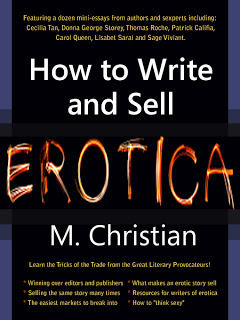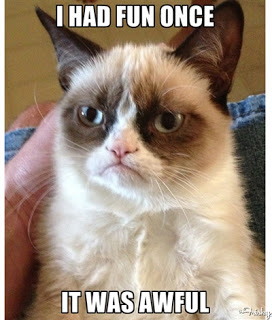Are you a plotter or a pantser? First, I’d better explain what that means for people that may not know. Basically, it’s whether you plot something when you’re writing, or just fly by the seat of your pants/make it up as you go along. I’m interested in the answers various writers have to give on this topic, which is why I thought I’d write about it.
So, personally, I’m both. I used to be a total and utter pantser, but the longer I’ve been writing, and the longer works I’ve been writing, the more I’ve plotted. I plotted my first novella, then made my second one up as I went along. I plotted my first novel, then the one I co-authored with Lily Harlem we made up as we went along. For the most part, it depends on the project. I plotted my first novella and novel because it was a big jump for me to go from short stories to longer stuff, so I needed to make sure I had enough material for the length of the story, and I also wanted to ensure things didn’t get boring in the middle, and that the thing had a beginning, a middle and an end. Now I just use a mixture of both, depending on what feels right.
And here’s what some other writers had to say…
I’m a plotanster. I never start a novel without a working blurb and a chapter by chapter synopsis. It usually takes me several days to come up with a blurb and chapter by chapter that I feel I can work from. That few days usually involve a lot of walking in the countryside and talking out loud to myself and alarmed glances from the people I meet en route. The blurb is only a short paragraph and the chapter by chapter is only a few sentences for each chapter. I’ve worked out roughly how many chapters, averaging 2500 words, I need for an 80K or a 100K novel and write the synopsis accordingly. It’s very loosely planned and very much subject to change.
That’s the plotter bit of my process. Once the actual writing begins, I’m happy to take detours and side trips all over the place, and I often end up on a very scenic route to the end of the novel. I leave lots of room for the muse to kick me in the arse and point me in a different direction. I think the blurb and the synopsis serve as a writer’s security blanket for me. Once I have those two things in hand, no matter how far I stray from the original plan, I KNOW there’s a novel in process, and I KNOW I’ll get to the end of it, even if the route’s not the one I started off on.
I must hold my hands up to being a pantser.
I try to be a planner- I really do- I even go as far as to make nice neat chapter plans for all my novels each time I start one. Then, inevitably, the plot slowly begins to go out of the window as my characters take on lives of their own. I swear they look me square in the face and say, “Come off it Kay, we’d never do that. Let’s do this, it’s much more fun!” And off they go, dictating their own literary destiny, and recklessly flying by the seat of my pants!
I’d get cross with my imaginary protagonists, but so far this ‘not quite managing to hold onto the plot’ policy seems to be working for me.
So, what about you, folks? What works best for you?
*****
Lucy Felthouse is a very busy woman! She writes erotica and
erotic romance in a variety of subgenres and pairings, and has over seventy
publications to her name, with many more in the pipeline. These include Best
Bondage Erotica 2012, 2013 and 2014 and Best Women’s Erotica 2013. Another
string to her bow is editing, and she has edited and co-edited a number of
anthologies. She owns Erotica For All,
and is book editor for Cliterati. Find
out more at http://www.lucyfelthouse.co.uk.
Join her on Facebook
and Twitter, and subscribe to her
newsletter at: http://eepurl.com/gMQb9












